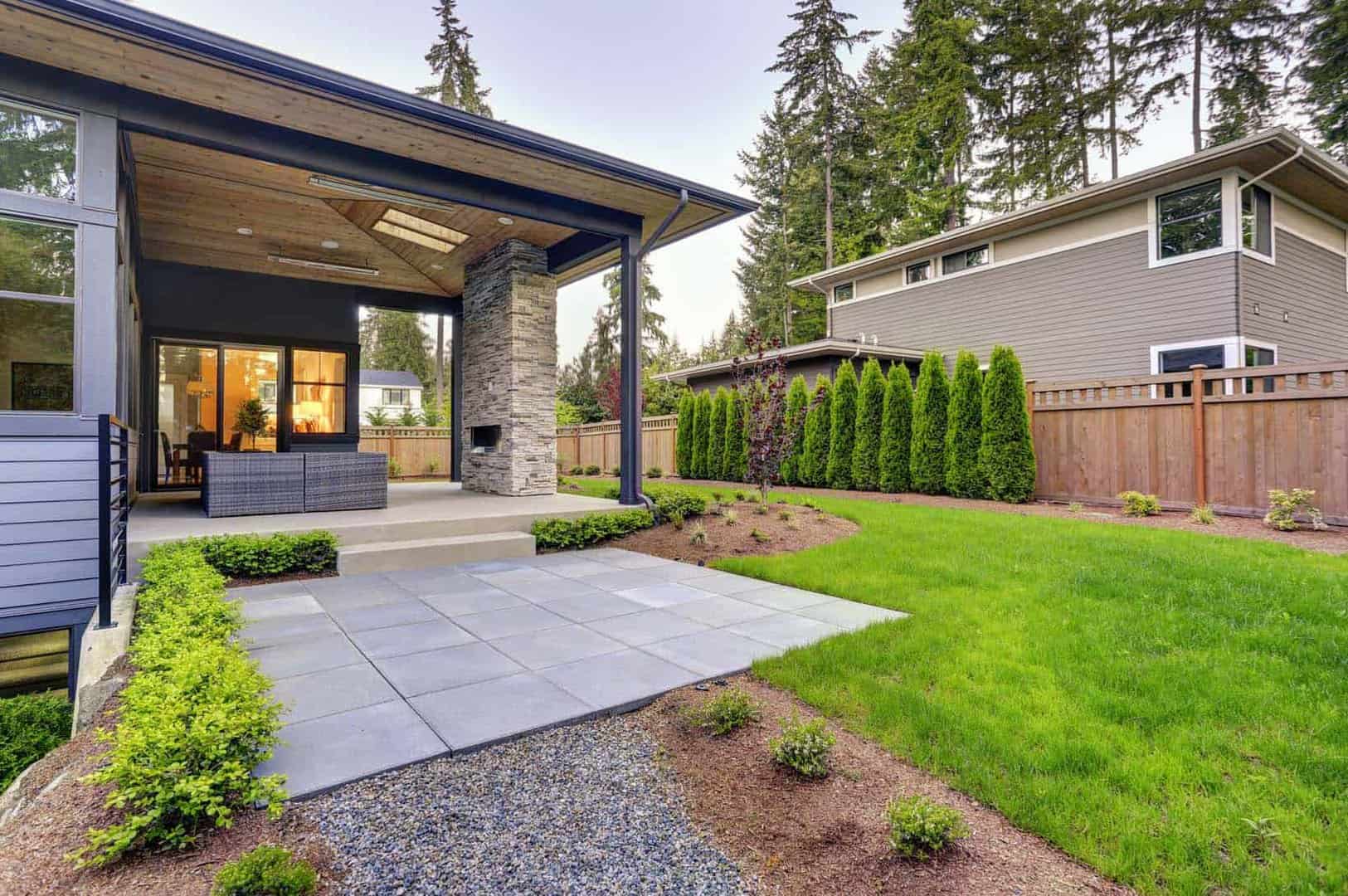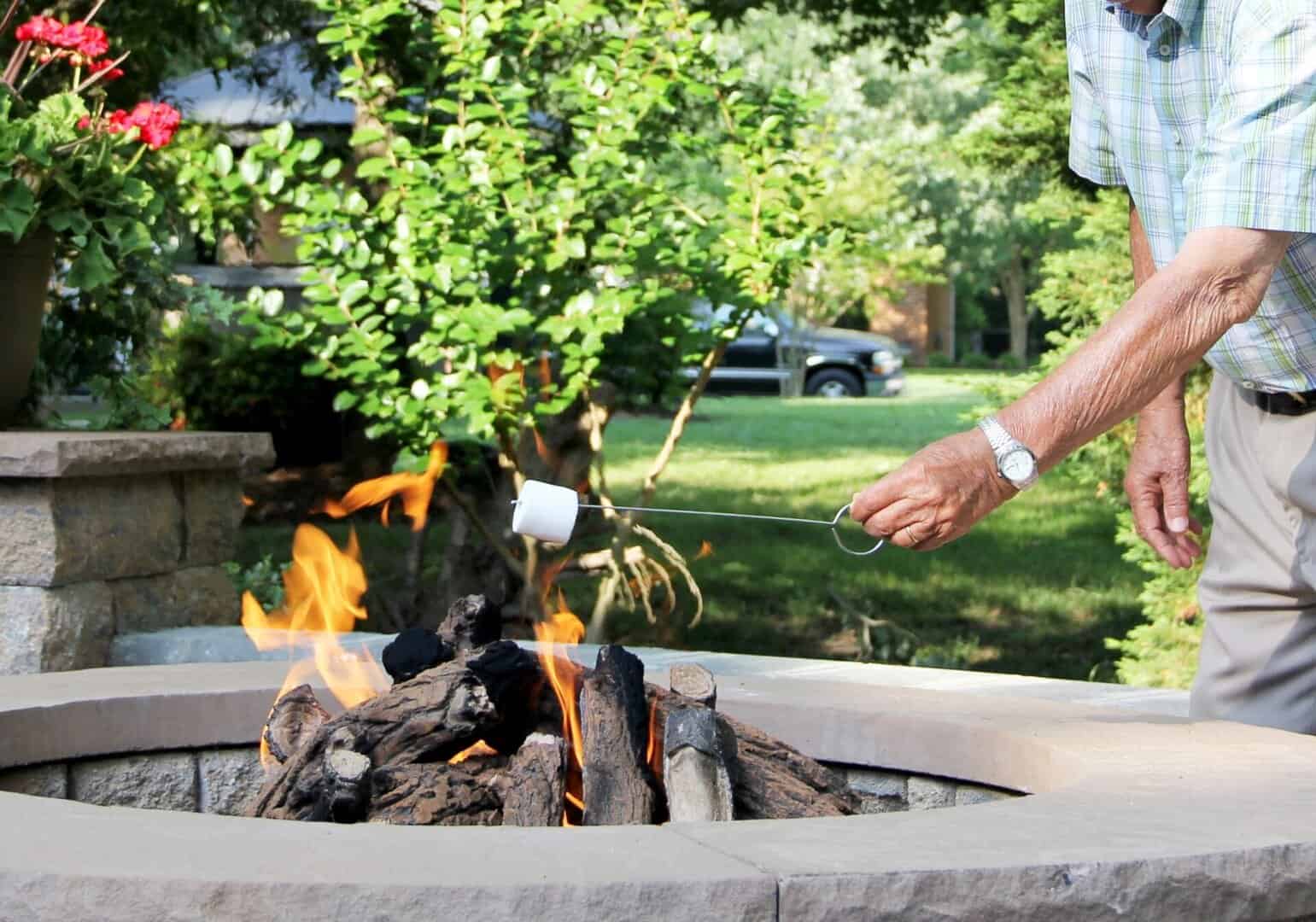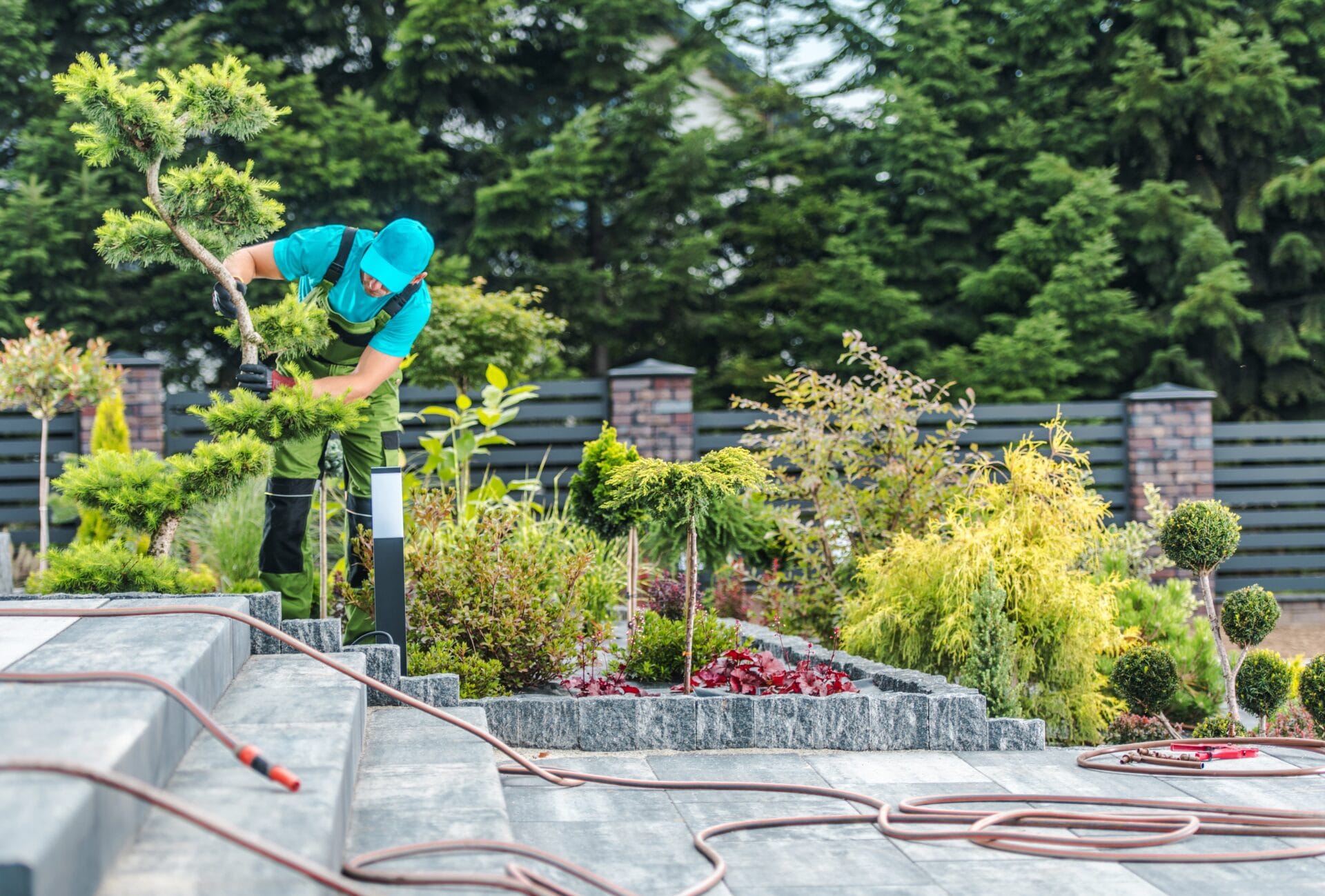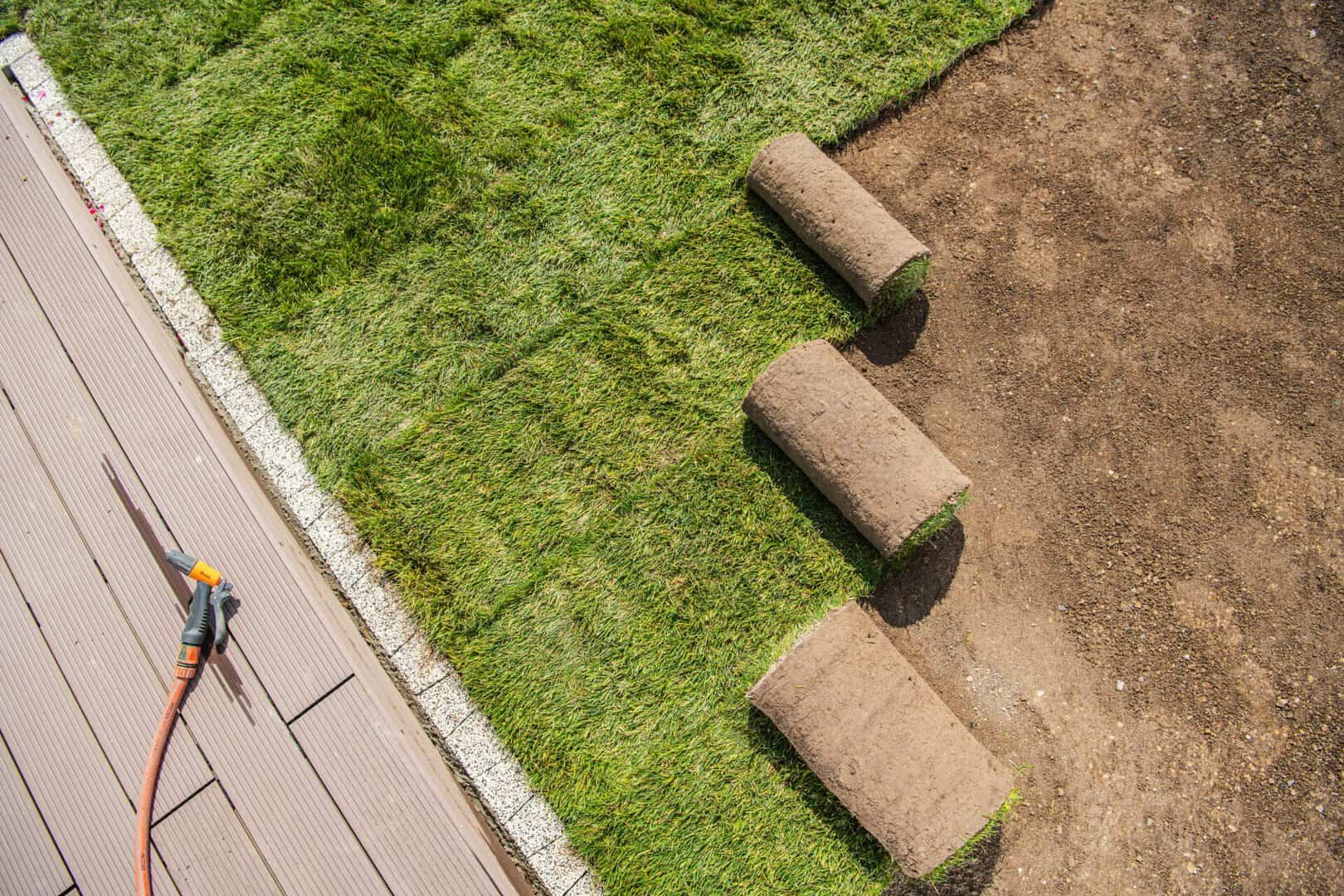Pavers are versatile materials used extensively in landscaping and hardscaping, offering both beauty and functionality. Whether you’re designing a new driveway, creating a charming walkway, or upgrading your patio, pavers provide a durable and aesthetically pleasing solution. But what exactly are pavers, and how much does paver installation cost? Let’s explore the details of pavers, their materials, and the factors that affect installation costs.
Key Takeaways
- Pavers are paving stones made from materials such as clay, natural stone, brick, and concrete. They are used for creating durable and aesthetically appealing outdoor surfaces like driveways, patios, and walkways.
- The cost of paver installation depends on the material chosen, the size of the project, and the complexity of the installation. On average, you can expect to pay between $10 and $50 per square foot.
- Natural stone pavers are the most expensive option but offer a unique and long-lasting appearance. Concrete pavers are the most affordable choice and come in various designs, colors, and sizes.
- Proper installation of pavers requires skilled labor to ensure the pavers are properly aligned, leveled, and securely placed. Professional installation may add to the cost but ensures a high-quality and long-lasting result.
What Are Pavers?
Pavers are individual paving stones or slabs used to create hard surfaces for outdoor areas. These stones are commonly used in areas where you need a durable, attractive surface, such as driveways, pathways, patios, and pool decks. Made from a range of materials, pavers are typically designed to interlock or be placed closely together to create a strong and stable surface. Pavers are an essential component of landscape design, offering an easy way to upgrade your outdoor space.
How Are Pavers Made?
Concrete pavers are made by mixing concrete with coloring agents and pouring the mixture into molds to form stones of various shapes and sizes. These pavers are then left to set and cure, which strengthens them for long-term use in outdoor applications. In contrast, natural stone pavers are cut and shaped from various types of stone, while clay and brick pavers are made using fired clay and baked in a kiln.
Pavers are known for their durability, resistance to weather conditions, and aesthetic appeal, making them a popular choice in landscaping.
Common Uses of Pavers in Landscape Design
Pavers are incredibly versatile and can be used in various ways to enhance the look and functionality of your outdoor spaces. Here are the most common applications:
1. Driveways
Pavers are often used for driveways because they offer a more durable and attractive alternative to traditional concrete or asphalt. With proper installation, pavers can withstand heavy traffic and harsh weather conditions, making them a reliable choice.
2. Pathways and Walkways
Pavers are ideal for creating pathways through gardens or along the perimeter of your yard. Their interlocking design provides stability, making them easy to walk on without worrying about uneven surfaces.
3. Patios and Outdoor Living Spaces
When you want to create a beautiful outdoor entertainment space, pavers can be arranged to form patios. They offer a visually appealing surface for outdoor dining, lounging, or socializing.
4. Pool Decks
Pavers are also widely used around swimming pools due to their ability to remain slip-resistant when wet. The gap between pavers allows water to drain away, preventing puddles and providing a safer surface for poolside activities.
5. Driveway Aprons
Driveway aprons are the transitional area between the street and the driveway. Pavers are commonly used here to create a smooth, aesthetically pleasing entryway that blends well with the surrounding landscape.
Materials Used for Pavers
Pavers come in a variety of materials, each offering different looks, textures, and benefits. The four most common types of paver materials include:
1. Natural Stone Pavers
Natural stone pavers are made from materials such as granite, limestone, slate, and sandstone. These pavers are known for their elegant, timeless appearance, offering a unique texture and natural color variations that enhance the overall look of your landscape. Natural stone pavers are durable and can withstand extreme weather conditions, making them ideal for driveways, patios, and walkways.
- Pros: Attractive, durable, long-lasting, and available in a variety of textures and colors.
- Cons: Generally more expensive than other materials.
2. Clay Pavers
Clay pavers are made from kiln-fired clay and are available in shades of red, brown, and orange. They have a rustic, earthy feel and can add a touch of traditional charm to your outdoor spaces. Clay pavers are known for their longevity and resistance to fading and discoloration.
- Pros: Timeless appearance, strong and durable, and fade-resistant.
- Cons: Higher cost and limited color options compared to other materials.
3. Brick Pavers
Brick pavers are made from fired clay and come in various colors, including reds, browns, and even whites. They are a classic option for walkways, driveways, and patios due to their durable nature and distinct look. Brick pavers are also excellent for creating patterns, making them a favorite among homeowners who want a decorative touch.
- Pros: Classic aesthetic, versatile, and easy to work with for custom patterns.
- Cons: Can crack over time under heavy pressure, and can be more expensive than concrete pavers.
4. Concrete Pavers
Concrete pavers are a popular choice due to their versatility and affordability. These pavers are available in a wide range of shapes, sizes, and colors, and can even mimic the look of natural stone. Concrete pavers are durable, cost-effective, and easy to maintain, making them suitable for almost any outdoor application.
- Pros: Affordable, versatile, and available in many shapes and colors.
- Cons: Can stain easily and may require regular cleaning to maintain appearance.
Examples:
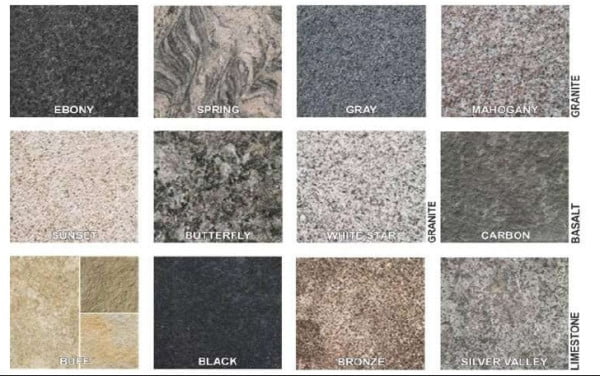
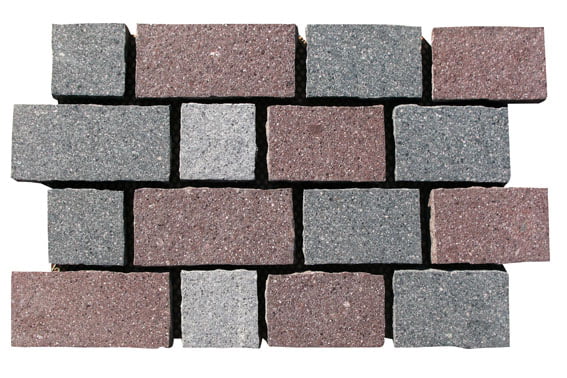
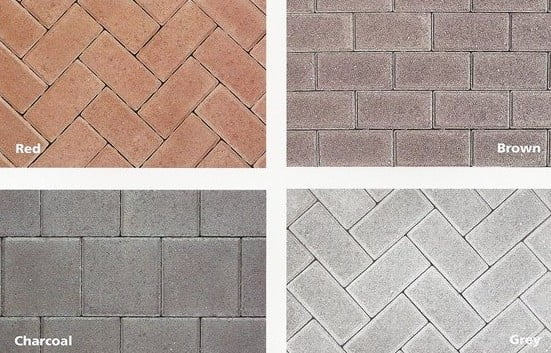
How Much Does Paver Installation Cost?
The cost of installing pavers varies depending on a number of factors, including the type of paver material, the size of the area, and the complexity of the installation. On average, the cost of paver installation ranges from $10 to $50 per square foot. Here’s a breakdown of the main factors that influence the cost:
Material Type
The material you choose for your pavers will be one of the largest contributors to the overall cost. Natural stone pavers, for example, tend to be more expensive than concrete or brick pavers, mainly due to their sourcing and manufacturing processes. However, the durability and aesthetic appeal of natural stone can be worth the additional cost.
- Natural Stone Pavers: $15 to $50 per square foot
- Clay Pavers: $10 to $30 per square foot
- Brick Pavers: $10 to $25 per square foot
- Concrete Pavers: $5 to $15 per square foot
Installation Complexity
The complexity of the installation process can also affect the overall cost. For example, a driveway installation with intricate patterns or an uneven surface may require additional labor and preparation. Similarly, if the site requires grading, soil work, or other preparatory steps, these will add to the cost.
Size of the Project
The larger the area to be paved, the more expensive the project will be. Paver installation is usually priced per square foot, so larger projects will result in higher total costs. However, larger projects may also allow you to save on material costs as bulk purchasing often results in discounts.
Labor Costs
Labor costs can vary depending on your location and the skill level of the contractor. The installation of pavers is a labor-intensive job that requires expertise to ensure proper alignment, leveling, and interlocking. On average, labor costs for paver installation range from $5 to $20 per square foot.
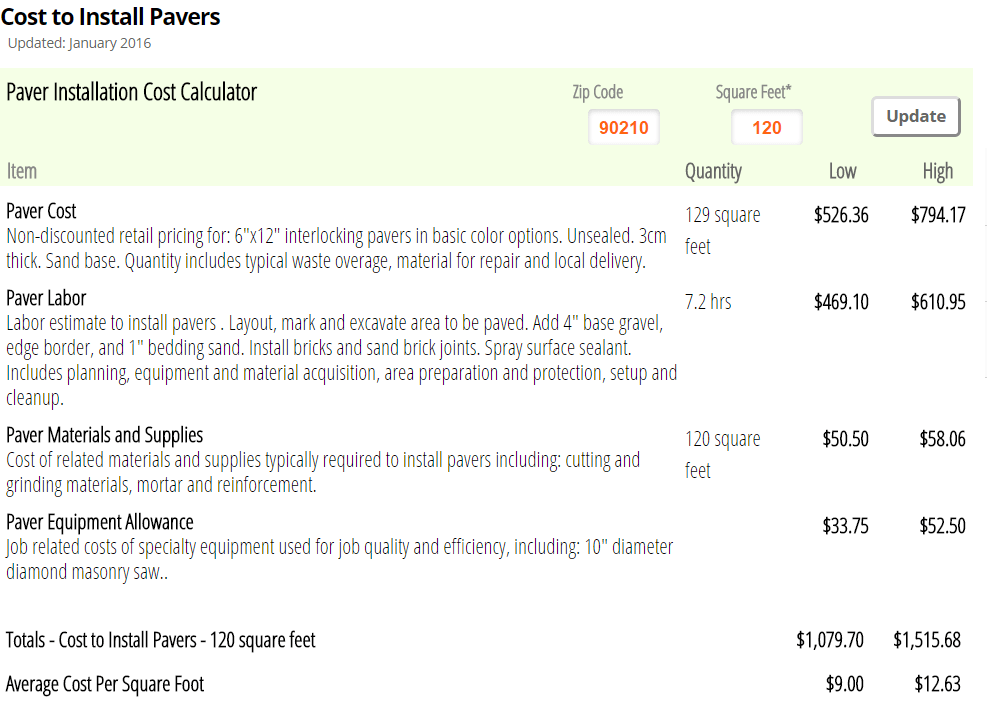
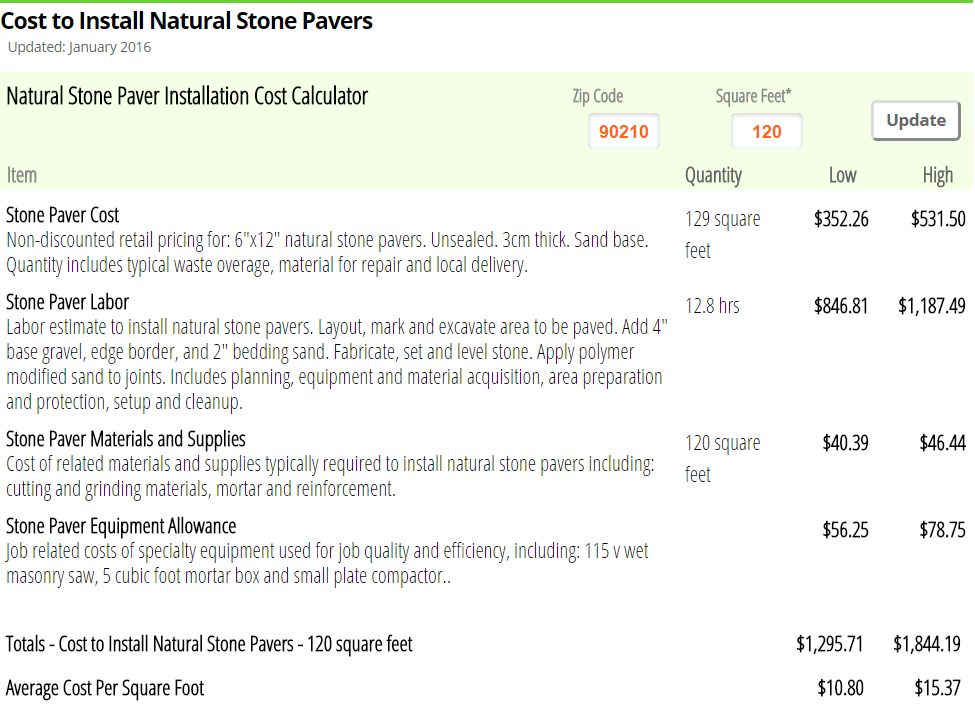
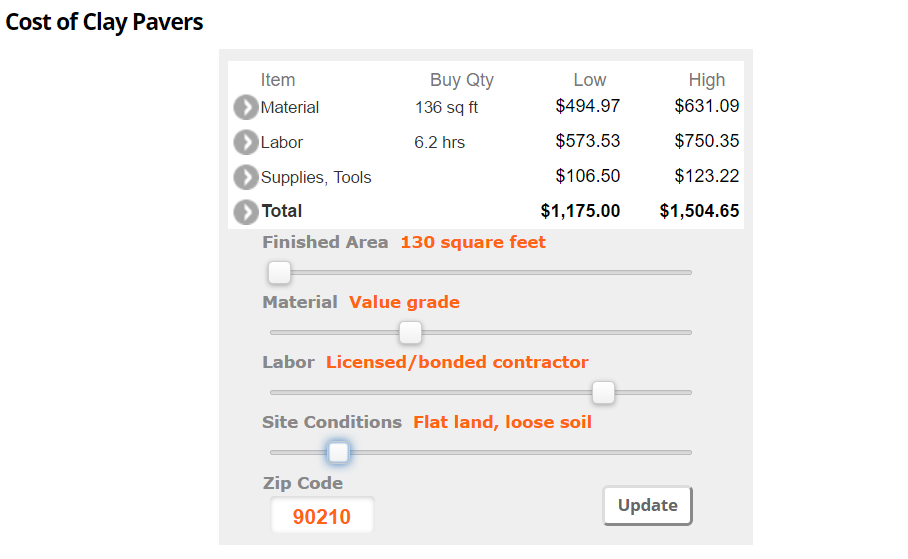
You should expect to pay about
- $1,30o.oo (ampx $9/sq ft) for 110sq ft using Clay
- $1,500 (apx $12/sq ft) for 110 sq ft using brick
- $1,700.00 (apx $14/sq ft) for 110 sq ft using natural stone
Designs
One of the best things about any type of paver is that they come in a lot of different colors, textures, shapes, and sizes! This means that the design possibilities are endless. Experts believe that this versatility is what has caused a sharp rise in demand for custom paver installations. The typical patterns that you will see with pavers are depicted in the image below:
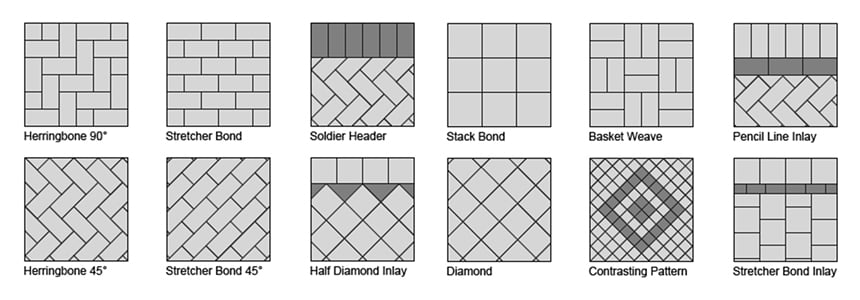
These standard designs are functional, beautiful, and far less expensive than their more artistic counterparts. With such a wide array of design options available, make sure you pick a contractor that can share your vision, and that will make sure you have all of the options available to you.
[wpforms id=”1162″]
Check out these awe-inspiring paver design ideas, some of them done by us here at All County Landscape Hardscape
Marketing & SEO Services:
The Builders Agency, LLC
[vc_row][vc_column][boc_img_slider navigation=”Dots” img_link=”lightbox” image_ids=”950,951,952,953,954,955,956,957,958,959,960,961,962,963,964″][/vc_column][/vc_row]

